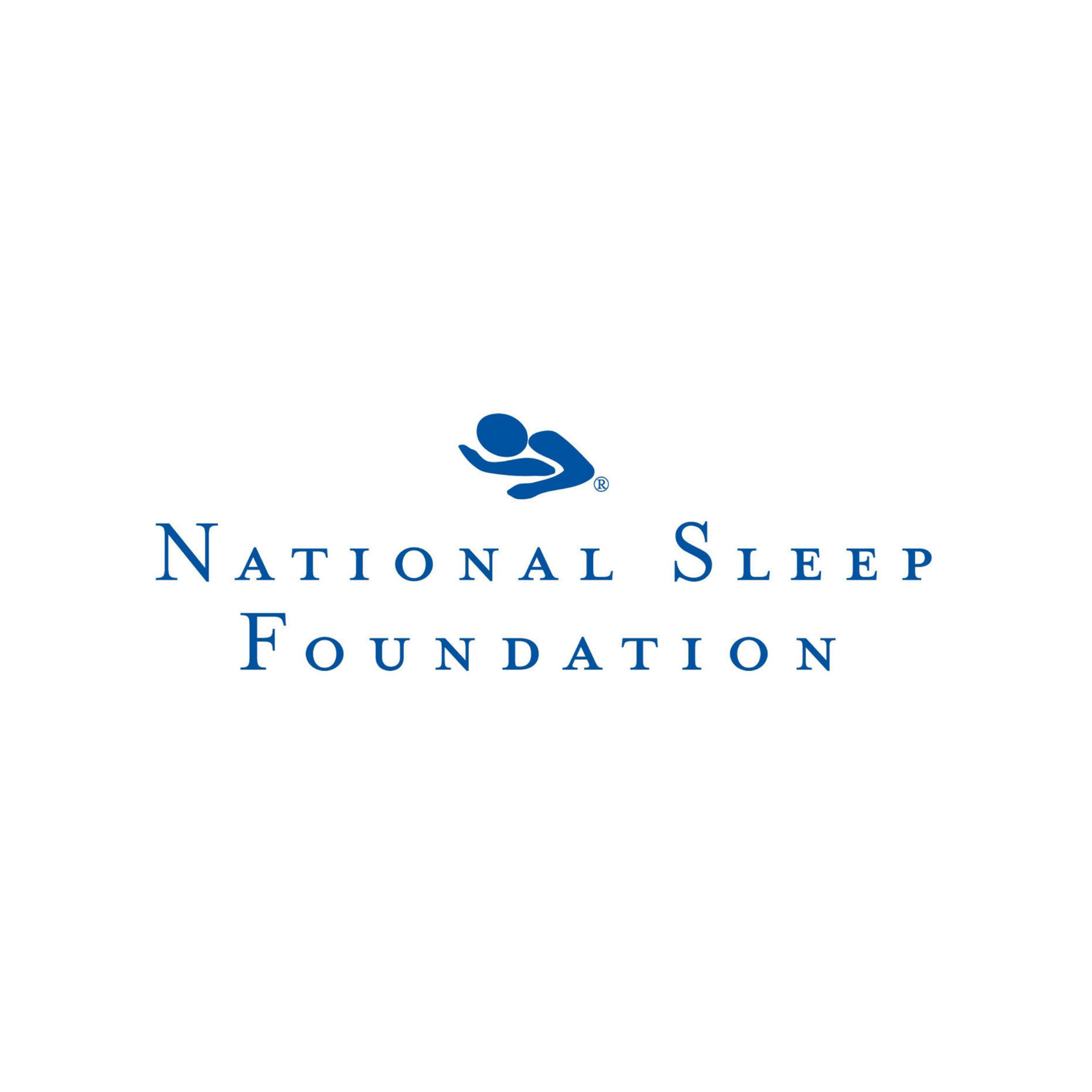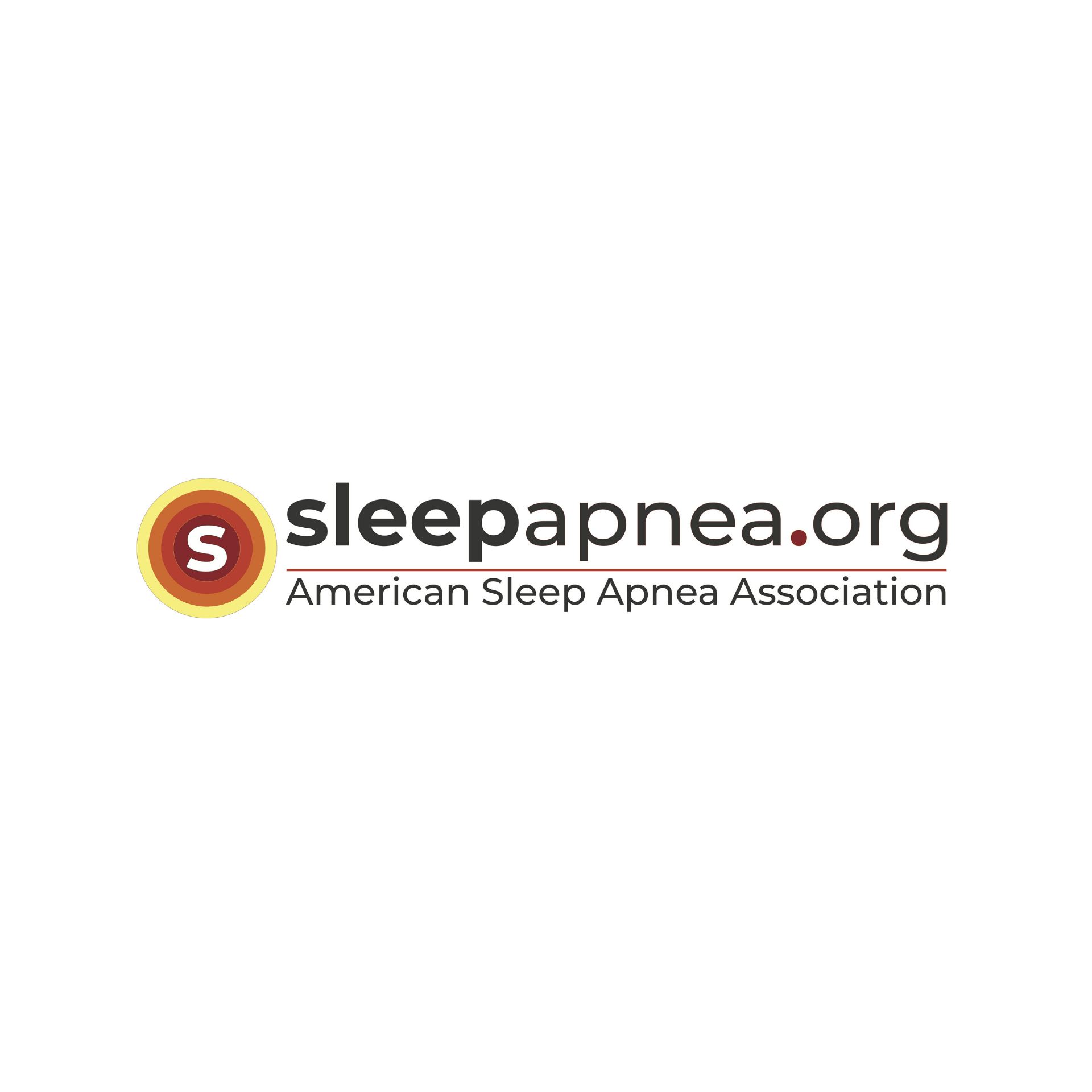Scroll for more tabs
INSOMNIA
- Not being able to get off to sleep.
- Waking up too early.
- Waking for long periods in the night.
- Not feeling refreshed after a night's sleep.
What is a normal amount of sleep?
What are some causes of poor sleep?
- Concern about wakefulness - You may remember the normal times of being awake in the night. You may feel that to wake in the night is not normal, and worry about getting back off to sleep. You may 'clock watch', and check the time each time you wake up. This may make you irritated or anxious, and you are more likely to remember the times of wakefulness. You may then have an impression of having a bad night's sleep, even if the total amount of time asleep was normal.
- Temporary problems - Poor sleep is often temporary. This may be because of stress, a work or family problem, jet-lag, a change of routine, a strange bed, etc. Poor sleep in these situations usually improves in time.
- Anxiety or depression - You may find it difficult to switch off your anxieties about work, home or personal problems. Also, poor sleep is sometimes due to depression. Other symptoms of depression include: a low mood, lethargy, poor concentration, tearfulness, and persistent negative thoughts. Depression is common. Treatment of depression or anxiety often cures the poor sleep too.
- Sleep Apnea - This sometimes occurs in people who snore, most commonly in obese people. In this condition the large airways narrow or collapse as you fall asleep. This not only causes snoring, but also reduces the amount of oxygen that gets to the lungs. This causes you to wake up to breathe properly. You may wake up many times each night which may result in daytime tiredness. See separate leaflet called 'Sleep Apnea' for details. Note: most people who snore do not have sleep apnea, and sleep well.
- Other illnesses - Various illnesses keep some people awake. For example, illness causing pain, leg cramps, breathlessness, indigestion, cough, itch, hot flushes, mental health problems, etc.
- Stimulants - These can interfere with sleep. There are three common culprits.
- Alcohol - many people take an alcoholic drink to help sleep. Alcohol actually causes broken sleep and early morning wakefulness.
- Caffeine - which is in tea, coffee, some soft drinks such as cola, and even chocolate. It is also in some painkiller tablets and other drugs (check the ingredients on the drug packet). Caffeine is a stimulant and may cause poor sleep.
- Nicotine (from smoking) is a stimulant, and it would help not to smoke.
- Street drugs - For example, ecstasy, cocaine, cannabis and amfetamines (amphetamines) can affect sleep.
- Prescribed drugs - Some drugs sometimes interfere with sleep. For example, diuretics ('water tablets'), some antidepressants, steroids, beta blockers, some slimming tablets, painkillers containing caffeine, and some cold remedies containing pseudoephedrine. Also, if you suddenly stop taking regular sleeping tablets or other sedative drugs, this can cause 'rebound' poor sleep.
- Unrealistic expectations - Some people just need less sleep than others. If your sleep pattern has not changed, and you do not feel sleepy during the day, then you are probably getting enough sleep. Older people and people who do little exercise tend to need less sleep. Some people think they should be able to nap during the day - and sleep eight hours at night!
- A vicious cycle - Whatever the initial cause, worry about poor sleep, and worry about feeling tired the next day, are common reasons for the problem to become worse.
- By type:
- Primary insomnia is insomnia that occurs when no illness or other secondary cause (comorbidity) is identified. Primary insomnia accounts for about one in five cases of long-term insomnia.
- Secondary (or comorbid ) insomnia is when insomnia occurs as a symptom of, or is associated with, other conditions. These can be medical or mental health conditions, or drug or substance misuse (as discussed above).
- By duration:
- Short-term if insomnia lasts between one and four weeks.
- Long-term (or persistent) if insomnia lasts for four weeks or longer.
How can I improve poor sleep?

Important Facts
It is often helpful to understand that short periods of waking each night are normal. Some people are reassured about this and so do not become anxious when they find themselves awake in the night. Also, remember that worry about poor sleep can itself make things worse. Also, it is common to have a few bad nights if you have a period of stress, anxiety or worry. This is often just for a short time and a normal sleep pattern often resumes after a few days.
General Tips for Better Sleep
The following are commonly advised to help promote sleep and are often all that is necessary:
Reduce caffeine - do not have any food, drugs, or drinks that contain caffeine or other stimulants for six hours before bedtime (see above). Some people have found that cutting out caffeine completely through the entire day has helped.
- Do not smoke within six hours before bedtime.
- Do not drink alcohol within six hours before bedtime.
- Do not have a heavy meal just before bedtime (although a light snack may be helpful).
- Do not do any strenuous exercise within four hours of bedtime (but exercise earlier in the day is helpful).
- Body rhythms - try to get into a routine of wakefulness during the day, and sleepiness at night. The body becomes used to rhythms or routines. If you keep to a pattern, you are more likely to sleep well. Therefore:
- No matter how tired you are, do not sleep or nap during the day.
- It is best to go to bed only when sleepy-tired in the late evening.
- Switch the light out as soon as you get into bed.
- Always get up at the same time each day, seven days a week, however short the time asleep.
- Use an alarm to help with this. Resist the temptation to 'lie-in' - even after a poor night's sleep.
- Do not use weekends to 'catch up' on sleep, as this may upset the natural body rhythm that you have got used to in the week.
- The bedroom should be a quiet, relaxing place to sleep. It should not be too hot, cold, or noisy.
- Earplugs and eye shades may be useful if you are sleeping with a snoring or wakeful partner.
- Make sure the bedroom is dark with good curtains to stop early morning sunlight.
- Don't use the bedroom for activities such as work, eating or television.
- Consider changing your bed if it is old, or not comfortable.
- Hide your alarm clock under your bed. Many people will 'clock watch' and this does not help you to get off to sleep.
- Mood and atmosphere - try to relax and 'wind down' with a routine before going to bed. For example:
- A stroll followed by a bath, some reading, and a warm drink (without caffeine) may be relaxing in the late evening.
- Do not do anything that is mentally demanding within 90 minutes of going to bed - such as studying.
- Go to bed when sleepy-tired.
- Some people find playing soft music is helpful at bedtime. Try a player with a time switch that turns the music off after about 30 minutes.
If you cannot get off to sleep after 20-30 minutes - then get up. Go into another room, and do something else such as reading or watching TV rather than brooding in bed. Go back to bed when sleepy. You can repeat this as often as necessary until you are asleep.
Relaxation Techniques
These aim to reduce your mental and physical arousal before going to bed. Relaxation techniques may help even if you are not anxious, but find it hard to get off to sleep. There are a number of techniques. For example, progressive muscular relaxation has been shown to help promote sleep. This technique consists of tensing and relaxing various muscle groups in sequence. See separate leaflet called 'Relaxation Exercises' where it is described more fully.
Daytime Exercise
Regular daytime exercise can help you to feel more relaxed and tired at bedtime. This may help you to sleep better. (However, you should not do exercise near to bedtime if you have insomnia.) If possible, do some exercise on most days. Even a walk in the afternoon or early evening is better than nothing. However, ideally, you should aim for at least 30 minutes of moderate exercise on five or more days a week.
Moderate exercise means that you get warm and slightly out of breath. You do not need to go to a gym! Brisk walking, jogging, cycling, climbing stairs, heavy DIY, heavy gardening, dancing, and heavy housework are all moderate-intensity physical exercises. See separate leaflet called 'Physical Activity For Health' for more details.
Although exercise to improve sleep is often thought of as 'common sense' - there is some research evidence to back this up. One research study looked at some older people with primary insomnia. The study compared a group of people who embarked on a program of moderate intensity exercise to a group who did not exercise. After 16 weeks, on average, the 'exercise group' had a significantly improved quality of sleep, a reduced time taken to fall to sleep, and an increased time spent asleep, compared with the group who did not do exercise. (See references at the end for details.)
Behavioral & Cognitive Therapies
If you have severe persistent poor sleep, your doctor may refer you to a psychologist or other health professional for behavioral and/or cognitive therapies. Research studies have found that there is a good chance that behavioral and cognitive therapies will improve sleep in adults with insomnia.
There are various types or therapy and include the following:
Stimulus-control therapy
This helps you to re-associate the bed and bedroom with sleep, and to re-establish a consistent sleep/wake pattern.
Sleep restriction therapy
Very briefly, the principle of this treatment is that you limit the time that you spend in bed at night. As things improve, the time in bed is then lengthened. An example of the way that this may be done in practice is as follows:
First, you may be asked to find out how much you are actually sleeping each night. You can do this by keeping a sleep diary. (See separate leaflet called 'Sleep Diary'.)
You may then be advised to restrict the amount of time that you spend in bed to the time that you actually sleep each night. For example, if you spend eight hours in bed each night but you sleep for only six hours, then your allowed time in bed would be six hours. So, in this example, say you normally go to bed at 11 pm, get to sleep at 1 am, and get up at 7 am. To restrict your time in bed to six hours, you may be advised to go to bed at 1 am, but still get up at 7 am. You then make weekly adjustments to the allowed time in bed depending on the time spent asleep. (You need to keep on with the sleep diary.)
When 90% of the time spent in bed is spent asleep, then the allowed time spent in bed is increased by 15 minutes by going to bed 15 minutes earlier. In the above example, you would then go to bed at 12.45 am. Adjustments are made each week until you are sleeping for a longer length most nights.
Relaxation training
This teaches you ways of reducing tension. For example, this may include the progressive muscle relaxation technique as described earlier, plus various other techniques described earlier.
Paradoxical intention
This involves staying passively awake, avoiding any intention to fall asleep. Its use is limited to people who have trouble getting to sleep (but not maintaining sleep).
Biofeedback
This provides visual or auditory feedback to help you control certain body functions (such as muscle tension).
Cognitive therapy
Briefly, cognitive therapy is based on the idea that certain ways of thinking can trigger or 'fuel' certain health problems, such as poor sleep. The therapist helps you to understand your thought patterns. In particular, to identify any harmful or unhelpful ideas or thoughts which you have that can contribute to your not sleeping well. The aim is then to change your ways of thinking and/or behavior to avoid these ideas. Also, to help your thoughts to be more realistic and helpful. Cognitive therapy is often used in combination with a behavioral intervention (such as stimulus control, sleep restriction, or relaxation training); this is then called cognitive behavioral therapy - or CBT.
What about sleep medication?
- Drowsiness the next day. You may not be safe to drive or to operate machinery.
- Clumsiness and confusion in the night if you have to get up. For example, if you have had a sleeping tablet, you may fall over if you get up in the night to go to the toilet. (Older people who take sleeping tablets have an increased risk of falling and breaking their hip.)
- Tolerance to sleeping tablets may develop if you take them regularly. This means that, in time, the usual dose has no effect. You then need a higher dose to help with sleep. In time, the higher dose then has no effect, and so on.
- Some people become dependent (addicted) on sleeping tablets, and have withdrawal symptoms if the tablets are stopped suddenly.
ADDRESS
Athens Pulmonary & Sleep Medicine3320 Old Jefferson Rd.Bldg 200 | Suite A & BAthens, GA 30607
CLINIC HOURS
- Mon - Thu
- -
- Friday
- -
- Sat - Sun
- Closed
All Rights Reserved | Athens Pulmonary & Sleep Medicine, PC





